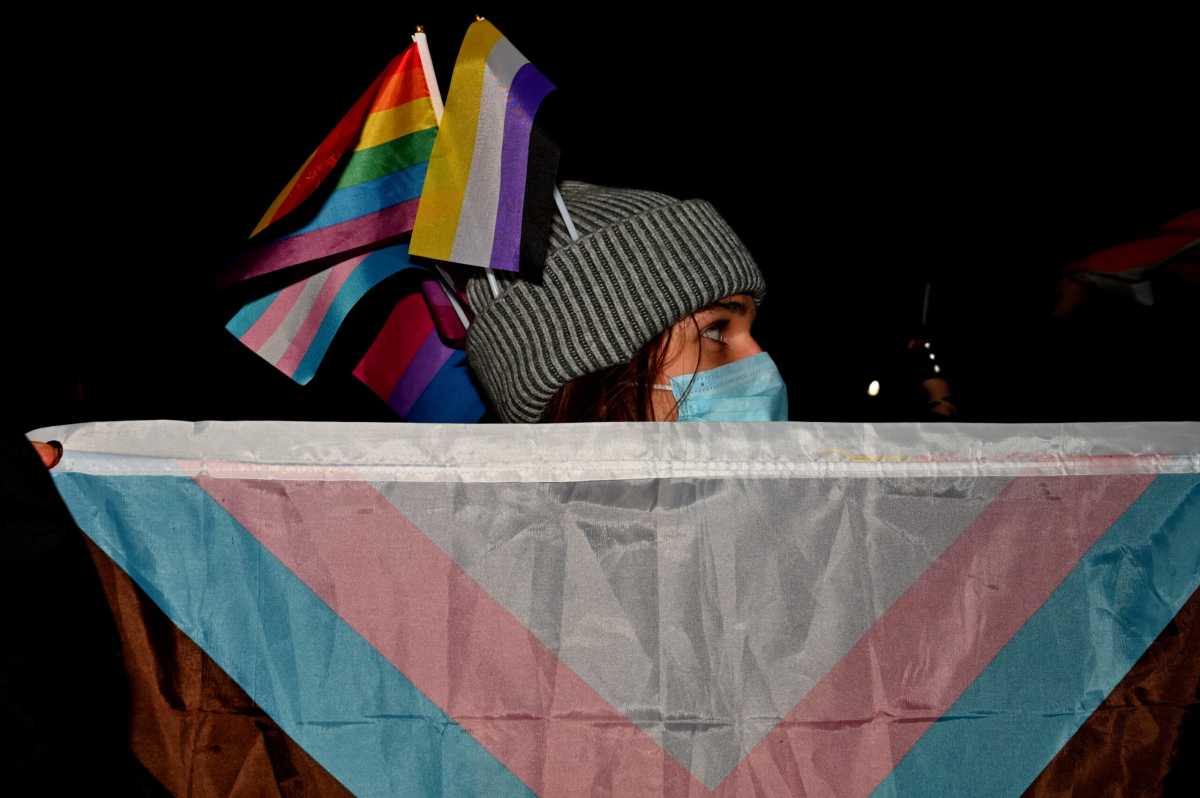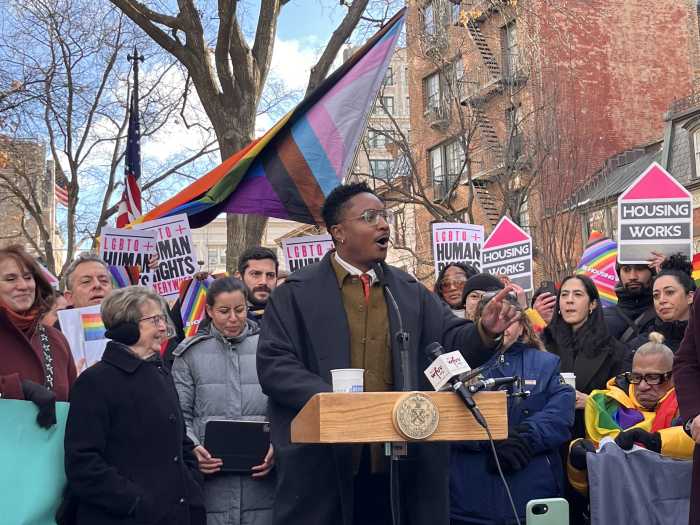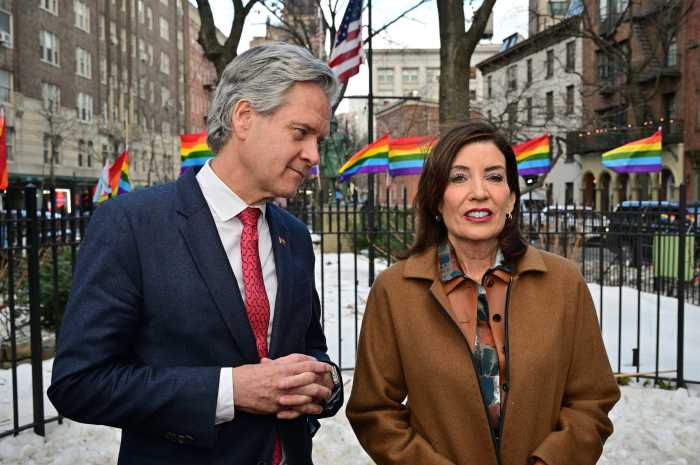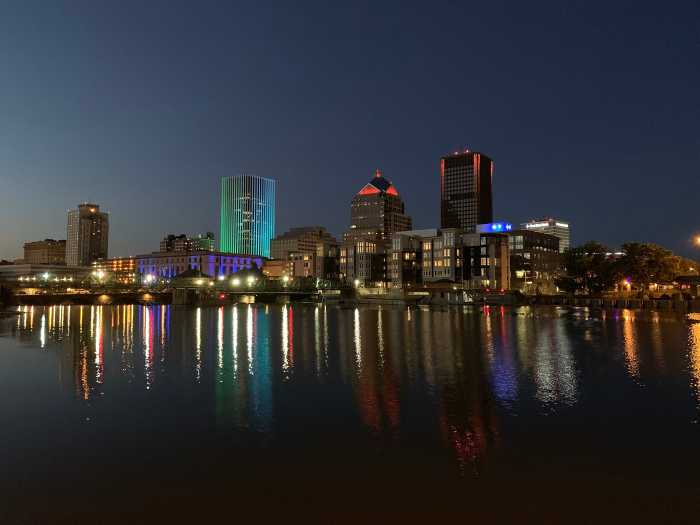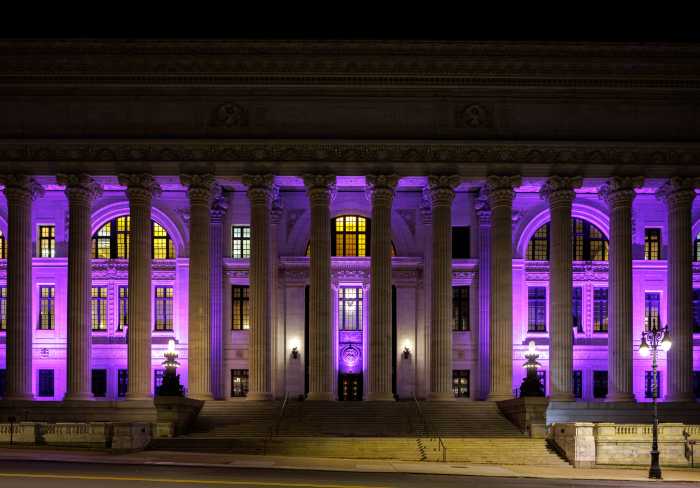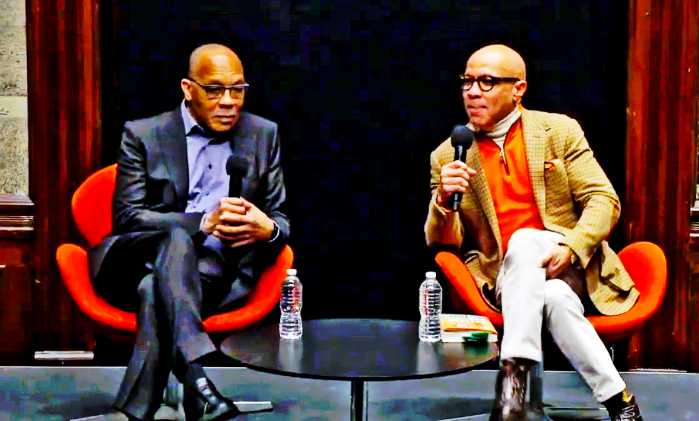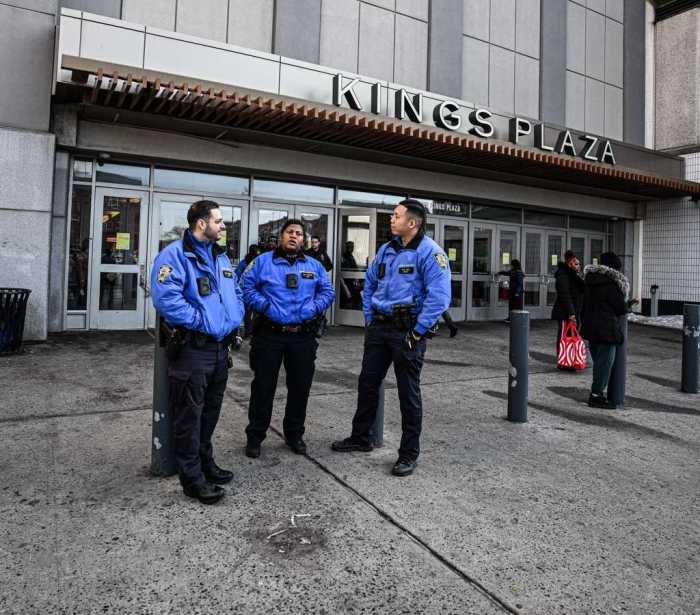Hate crimes have increased sharply in New York State over the last five years, climbing by 69% since 2019, according to a new report published by New York State Comptroller Thomas DiNapoli.
The report, led by the Office of Budget Policy and Analysis, provided an overview of the most common groups targeted by hate crimes in the state — with anti-Jewish, anti-Black, and anti-LGBTQ incidents leading the way — and pointed to some disturbing takeaways about the degree to which such crimes have proliferated in the Empire State.
Notably, hate crimes climbed by 12.7% last year, totaling 1,089 for the year — the most hate crimes since data started being collected per the Hate Crimes Act.
“New York is a diverse hub of cultures, beliefs, and identities, whose strength has always been in the creation of community bonds that unite us,” DiNapoli said. “Fighting hatred and bigotry demands that we communicate with, respect, and accept our neighbors. It requires our spiritual, political, community, and business leaders to take active roles in denouncing hate, investing in prevention and protection efforts, and increasing education that celebrates the value of New York’s diversity.”
The report also offered insight into which parts of the LGBTQ community have faced the brunt of the hate-fueled incidents recorded. Among all hate crimes driven by anti-LGBTQ bias over the last five years, 71% targeted gay male victims, according to the report. Anti-gay male hate incidents increased by 141% between 2018 and 2023, while hate crimes targeting trans individuals have climbed by 140%.
Gay men are so disproportionately represented as victims in hate crime incidents that 11% of all hate crimes target them.
A slight majority of hate crimes last year targeted individual people rather than property, and 32% of the crimes were felonies, including felony assault. Nearly half, or 47%, of felony assaults represented anti-Jewish or anti-gay male bias. Assault in the third degree and aggravated harassment were also common hate crimes last year, mainly targeting gay men, Jewish individuals, and Black and Asian New Yorkers.
“It’s abundantly clear that hate crimes targeting Black, Jewish, Muslim, AAPI, LGBTQ+, and other marginalized communities have been on the rise in recent years,” Rev. Al Sharpton, founder and president of National Action Network, said in a statement in a press release distributed by the comptroller’s office. “Vitriolic rhetoric from the ideological fringes, amplified by both anonymous and public figures — be it online and on the campaign trail — are fueling this dangerous trend. We need a national reminder that this rhetoric has real consequences because behind these alarming statistics are real people — our neighbors and fellow New Yorkers. We cannot allow hate to define our city, state or nation.”
The statewide report was very light on details about where hate crimes are taking place in the state, but it nonetheless compared New York City with the rest of the state. Just a decade ago, the state and city reported similar amounts of hate crime incidents, but the five-year span between 2013 and 2019 saw hate crime incidents increase by 1/3 in New York City and decrease by 26% elsewhere in the state. From 2019 and 2023, hate crimes went up by 59% in New York City and 88% in the rest of the state. Looking only at New York City, hate crimes went up by 12.6% from 2022 to 2023 — just below the 12.9% increase seen in the rest of the state.
Religion, by far, is the most common type of bias reported in the report, with those incidents representing nearly half of all cases. Hateful incidents driven by race, ethnicity, and national origin make up about a third of all cases, followed by anti-LGBTQ bias, which is 17% of all such incidents.
The Hate Crimes Modernization Act, a measure to broaden the scope of hate crimes law in an effort to allow prosecutors to punish violators with nearly two dozen additional offenses, passed earlier this year as part of the state budget. That law, which is viewed as an update to the Hate Crimes Act of 2000, was led in the upper house by out State Senator Brad Hoylman-Sigal of Manhattan and in the lower house by Assemblymember Grace Lee, also of Manhattan.

